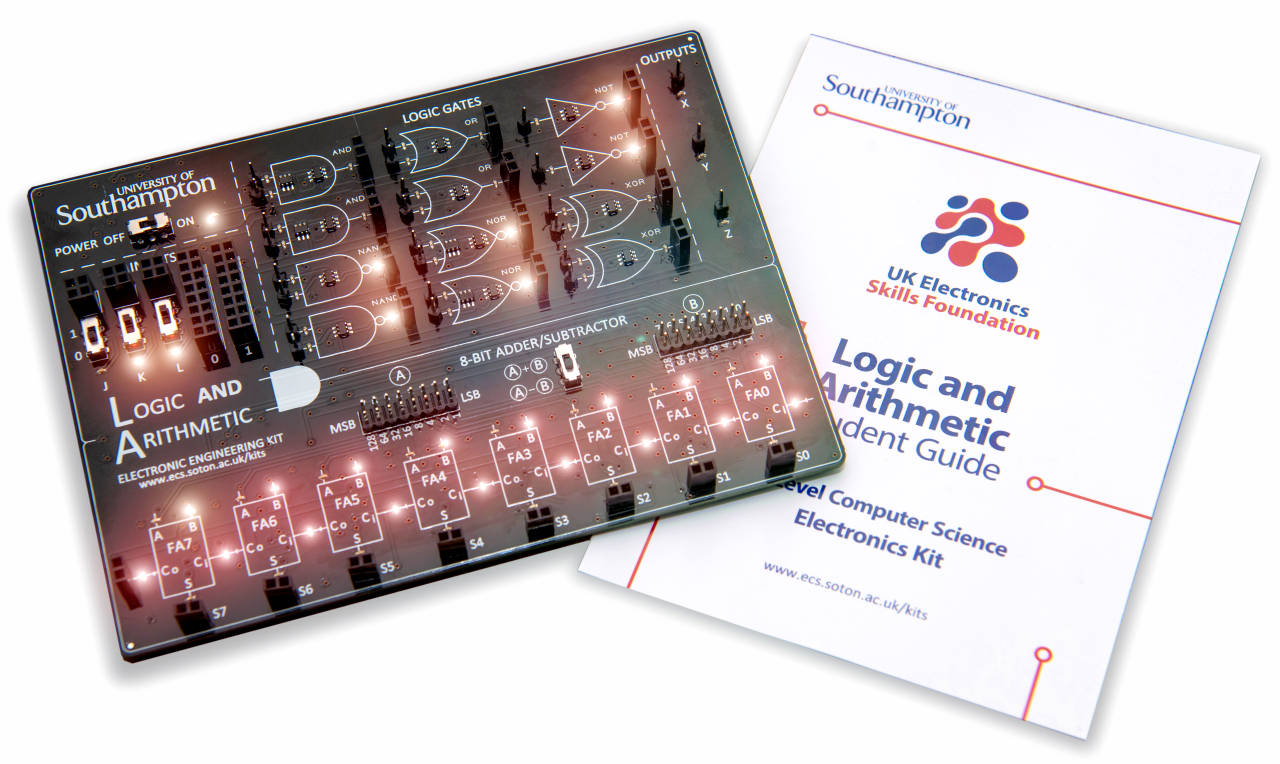A team of artificial intelligence (AI) experts from Electronics and Computer Science at the University of Southampton is challenging fantasy football managers across the world to take on their fiercely competitive machine learning algorithm.
Associate Professor Dr Sarvapali (Gopal) Ramchurn claims that his system, known as Squadguru, consistently outperforms millions of players in the popular the Fantasy Premier League game by tapping into the latest AI techniques
Last year, more than four million players around the world competed in the English Fantasy Premier League, tinkering with their squads to generate maximum points from their teams. In the game, shrewd dealings in the transfer market can make or break teamsâ seasons and entrants scramble week on week to strengthen their sides as Premier Leagues stars go on and off the boil.
Squadguru has been tested on player data from previous seasons and produced teams which would have consistently ranked in the top one per cent of the Fantasy Premier League. Last season, a Squadguru generated team placed in the global top 60,000 of the game for most of the 38 gameweeks out of the millions of players.
âFrom Elon Musk to Stephen Hawking, everyoneâs talking about AI taking over the world - is that now also true for Fantasy Football?â? Gopal asks. âCome and take on the best AI engine for fantasy football, and see if you can beat the Squadguru!â?
Fantasy managers can compete with Squadguruâs AI-fuelled 11 in a âChallenge the Squadguruâ league which is available in the free Fantasy Premier League game by entering league code 2917382-677658.
The Squadguru system was built using two steps. The first harnessed Bayesian Machine Learning techniques and five years of past football data to create and train a predictive model which forecasts the outcome of future matches and, more crucially, the performance of individual players. They next created a combinatorial optimisation algorithm which worked out the best transfers to make given the allowed budget and other constraints on teams that can be formed.
Gopal, a member of the University of Southamptonâs Agents, Interaction and Complexity (AIC) research group, co-developed the algorithm with Dr Tim Matthews as part of his MSc project. This resulted in a publication at the worldâs top AI conference back in 2012. Over the last five years, they have made significant improvements to the Squadguru and offered it as a free service for visitors to fantasyfootballfirst.co.uk. The systemâs algorithms have been used to provide transfer advice to over 30,000 subscribers and helped optimise human teamsâ performance.
âWeâve now got a robust implementation of the platform,â? Gopal says. âThe next step involves developing a mobile app to serve insights to users in real-time and allow them to do transfers automatically or on the go. We are always open to investors and weâve had a few approaches this year.â?

